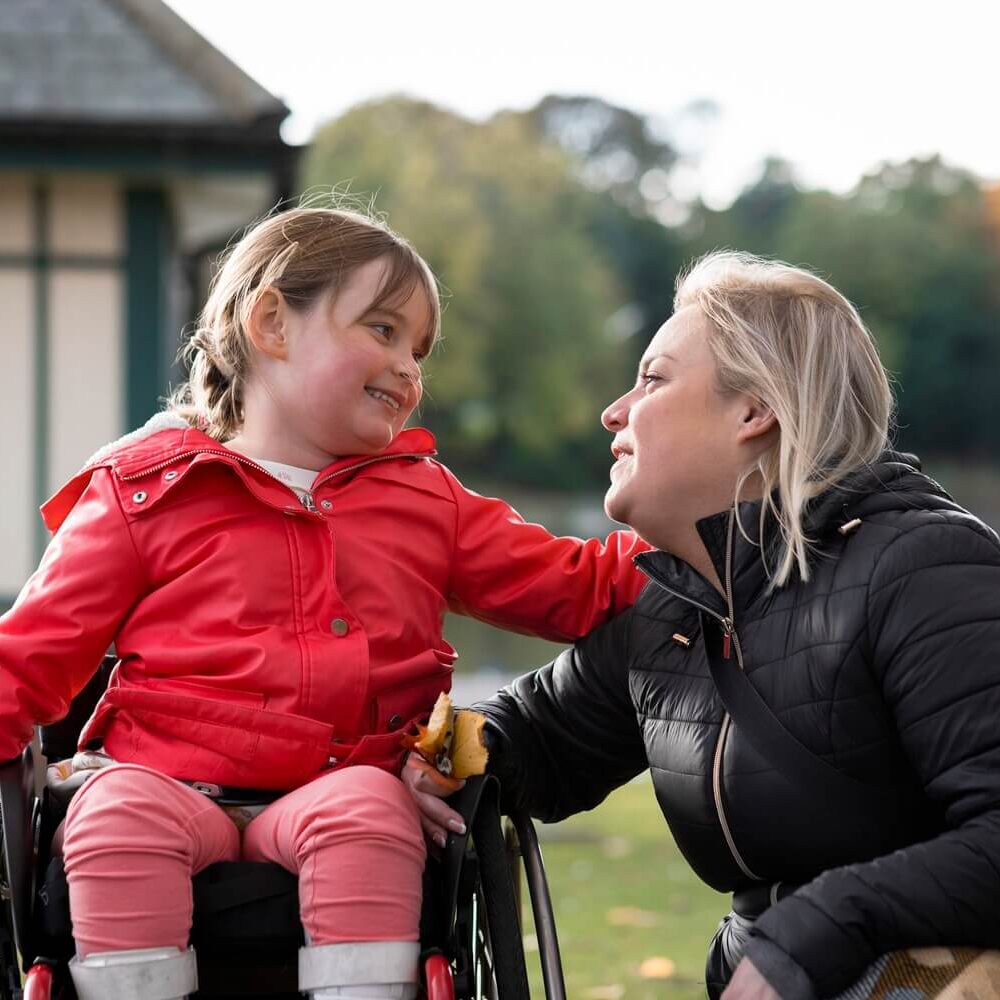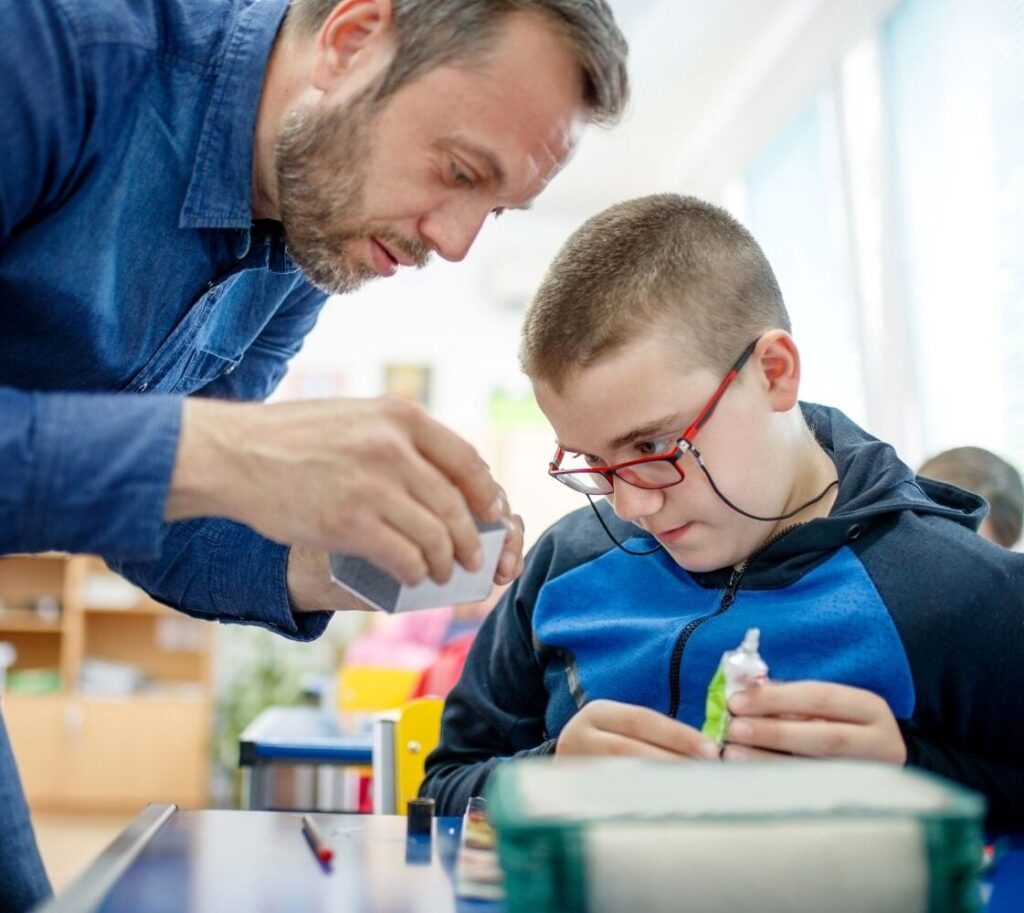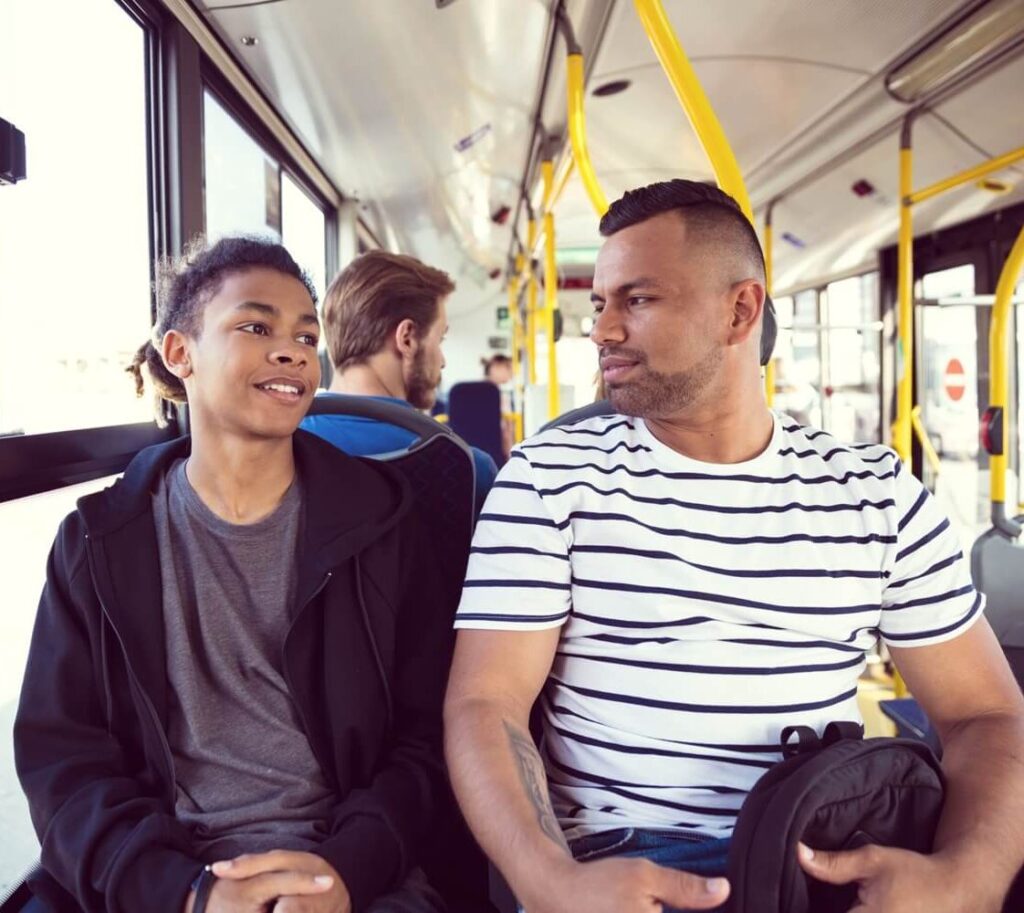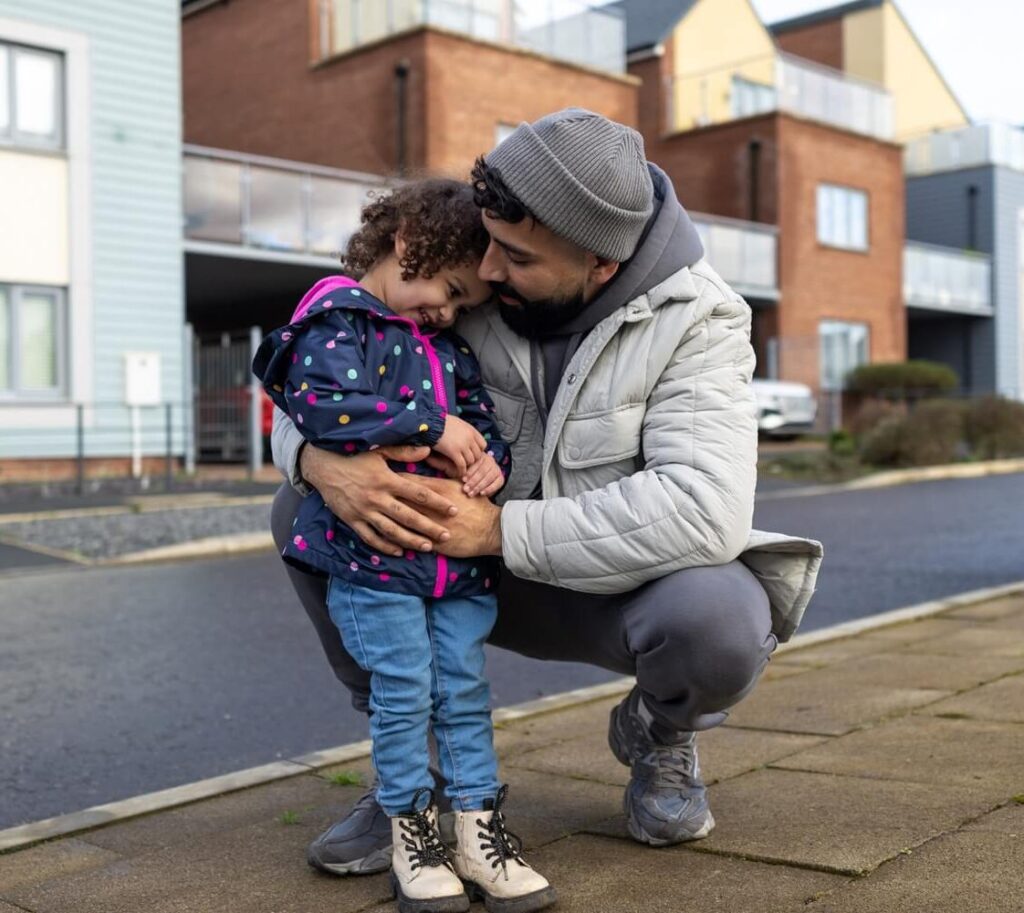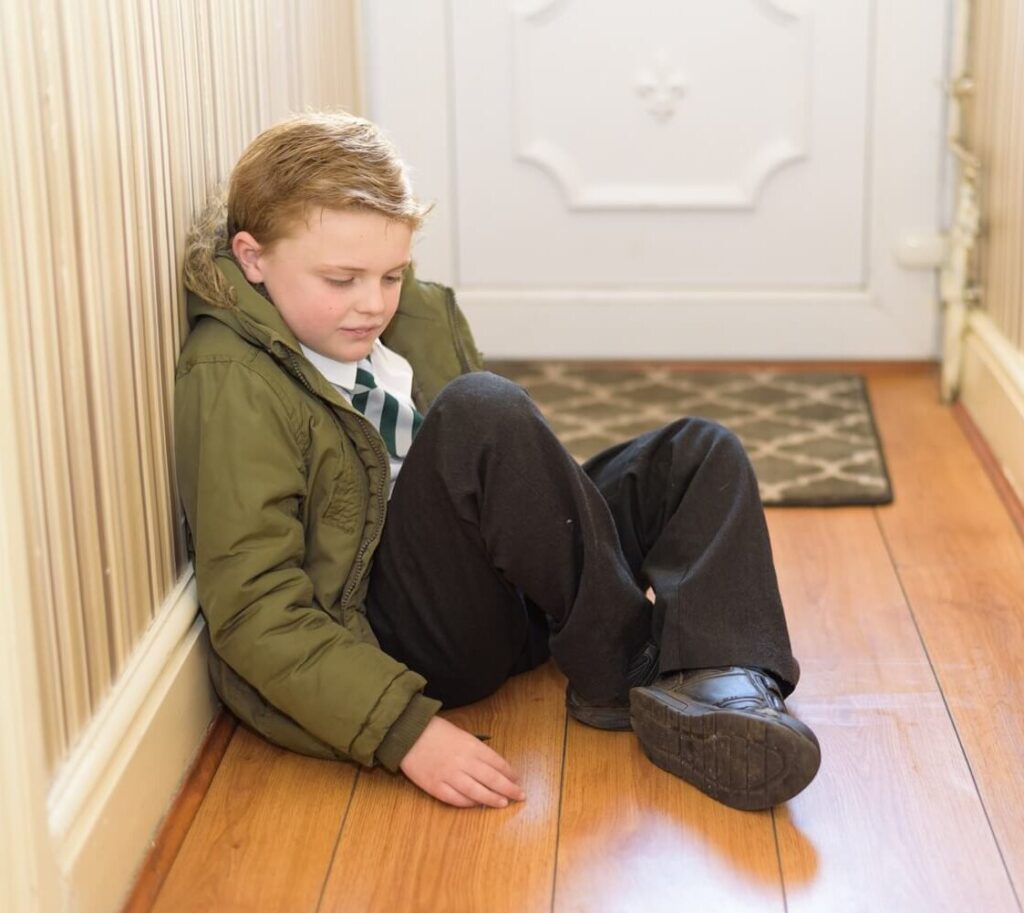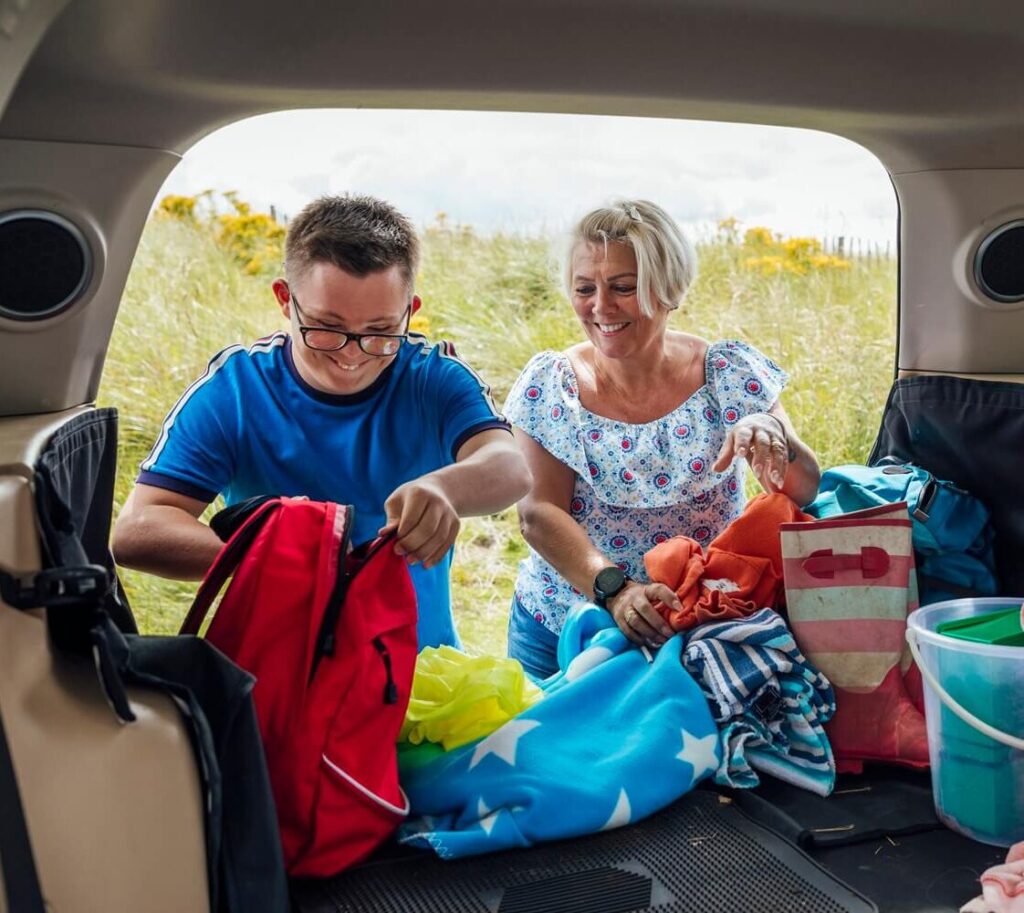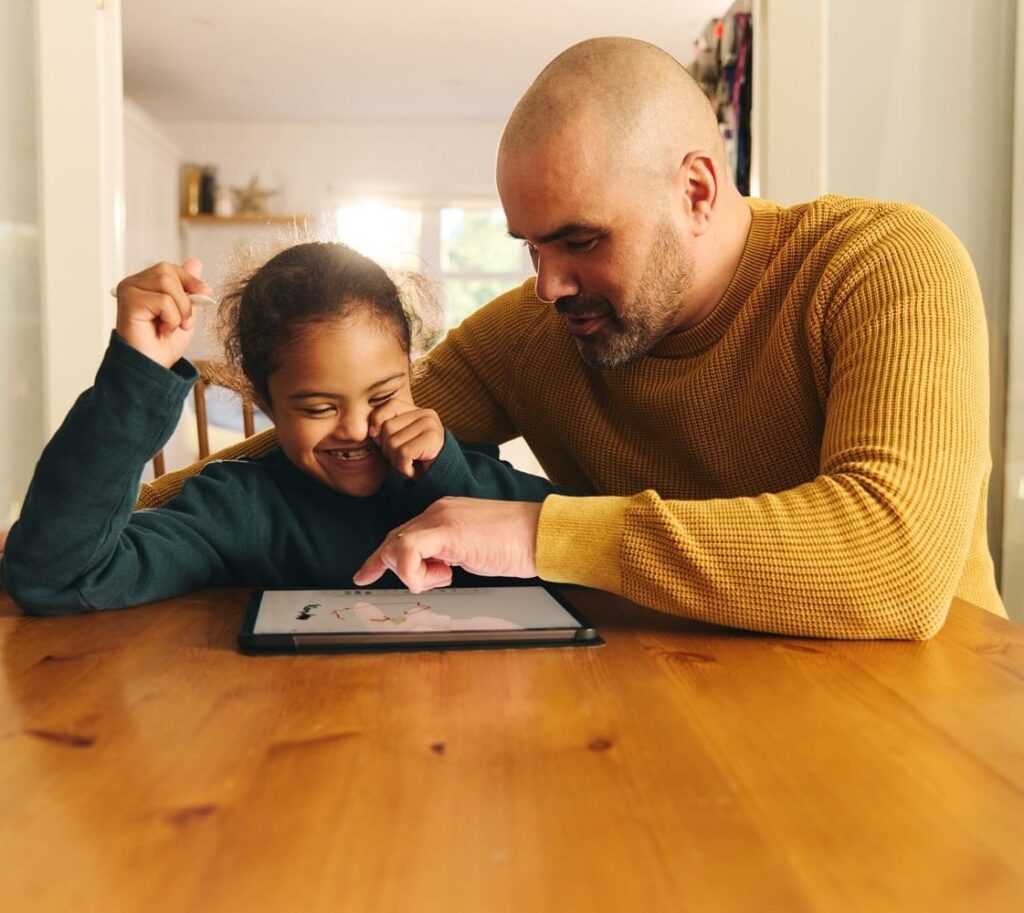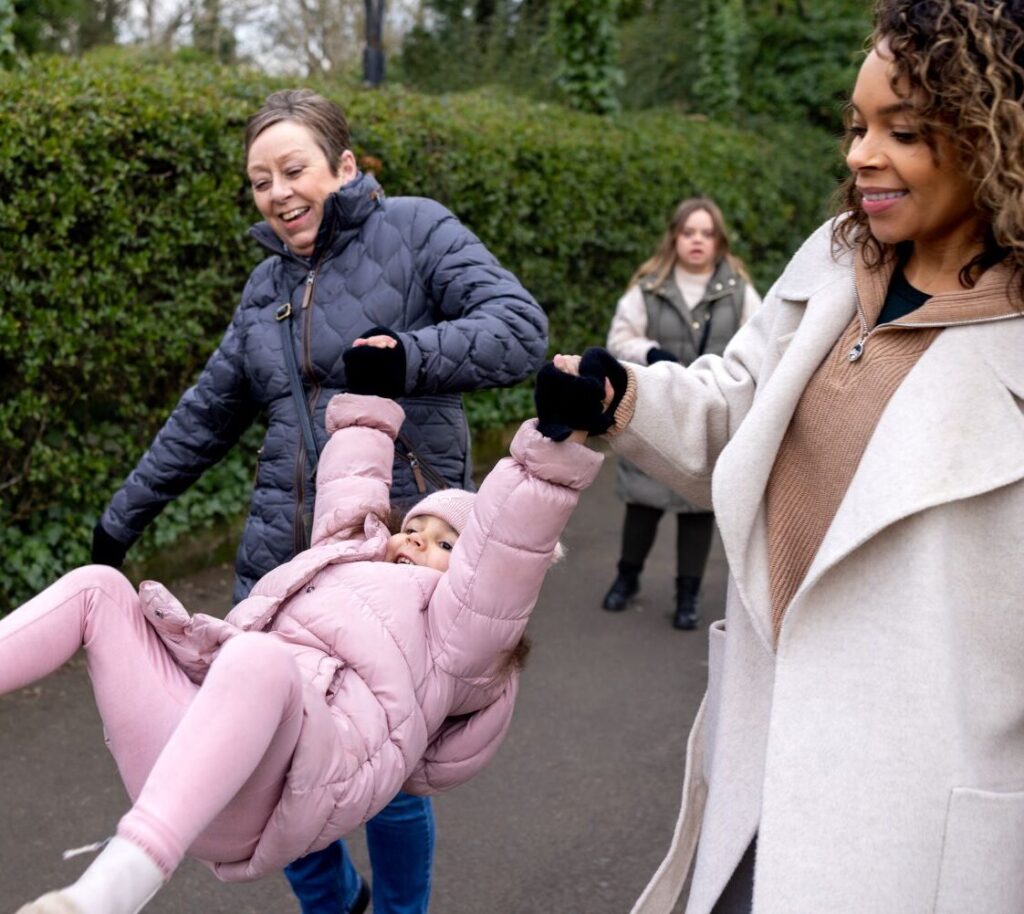What can you do with a child when there is ‘nothing to do’? My name is Aga and I have been a volunteer with Friendship Works for over three years now. Friendship Works mentors help to improve the life chances of vulnerable children and young adults in London, so my role is to engage with my 12-year-old mentee on a regular basis and have a nice time together. In this article, I’m sharing some of the things I do with my mentee so you can also try them with your child when they say there’s nothing to do.
My goal from the beginning with my mentee was to make sure we experience and learn new things and stay engaged, but I also try to make sure we have space for mindfulness, conversations and silence.
I want to make our outings slower than a normal day. What I notice is that our outings are usually the only slow days for my mentee too. Our outings are the only time my mentee isn’t distracting himself with his phone or when he’s not playing computer games. We have a ‘no mobile phone’ rule during our outings and I am very aware of all of us, not only children, losing the ability to ‘just be and do nothing.’ It can be an even harder ask of a 12-year-old.
This is especially obvious when we meet after a long time of not seeing each other, or if he’s had school holidays and less distraction from his computer in the form of school.
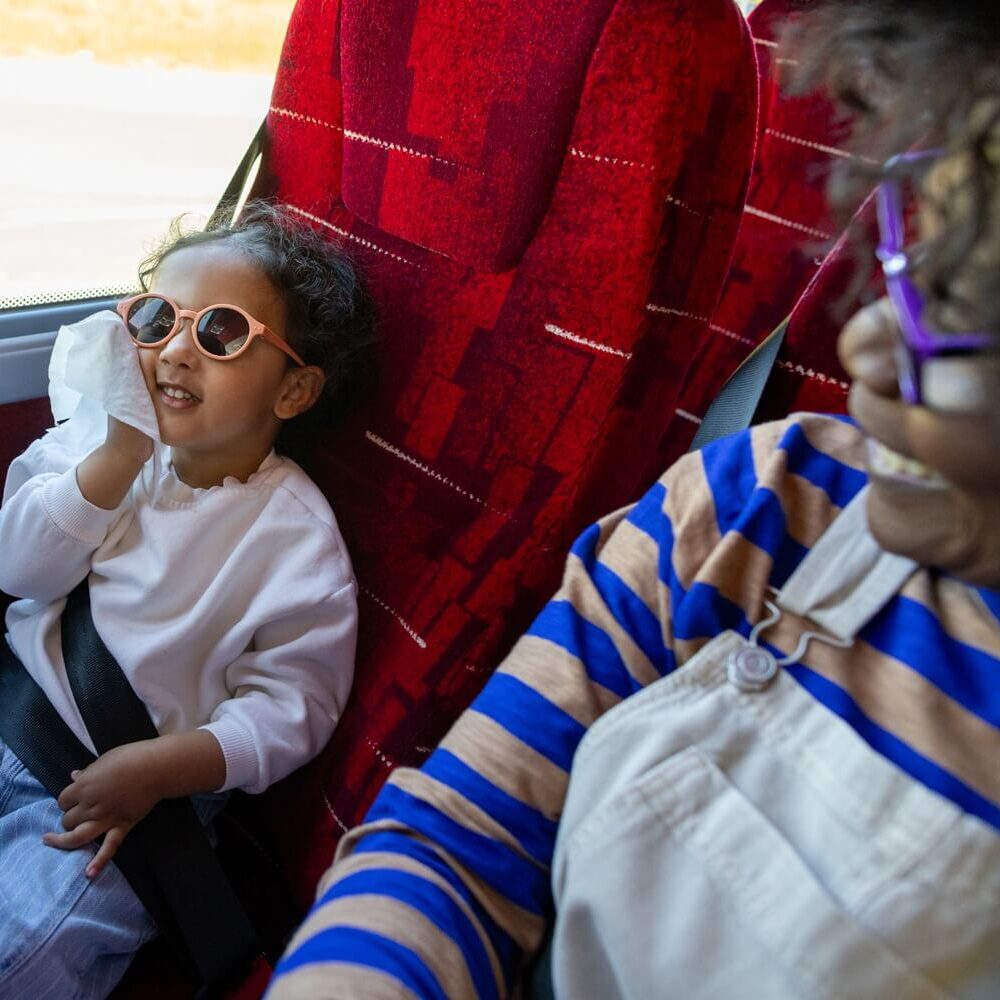
While our outings are usually pre-planned, there are moments especially during the longer ones when we have space that isn’t filled with ‘stuff to do’. Examples include when the commute is long or when we decide to go for a picnic or a longer walk.
And so when my mentee and I are faced with any of those ‘in-between’ moments, I try to make sure we can do something fun without filling every moment with activity. What we do has also been changing over the years, as my mentee has grown older.
When there is nothing but our imagination
During our early outings my mentee would get quite excited about the tasks I’d give him:
- counting how many red cars we’ve seen
- picking which house we’d like to live in and why
- listing anything that comes to mind in order of preference and why (“blue is my favourite, because it’s cool and the colour of my favourite shoes!”).
My goal has been for us to be mindful about our surroundings and raise questions if we see anything interesting.
And given we would often cover more stressful or mundane topics during our outings, I’d also make sure we break those conversations with something lighter. Some of the topics I’d raise would include:
- If you had to eat one food forever, what would it be and why?
- What animal would you be and why?
- What animal do you think I would be and why?
The answers to these questions would change regularly, adding more flavour to our conversations.
Another angle I’d try to lead with would be impromptu games. One Word Story proved quite challenging for us in the beginning – it’s a game in which participants take turns to add one word to build a story. Quite a creative challenge!
It was easier with Last Letter First – a game where participants have to come up with a word starting with the letter that was at the end of the other participant’s word. Perhaps we’re both better at matching things in a logical way, rather than creating stories!
Sometimes, especially when trying or seeing something new, for example in a museum, we’d stop and try to describe the thing or experience as if to review it.
Here again, in the beginning, it was quite tricky to go beyond one or two sentences. Nowadays it’s easier and we have more comparative experiences to draw from.
Always have some support materials handy
Ever since I started mentoring, I’ve built my own mentoring bag:
- drinks
- tissues
- wet wipes
- hand sanitiser
- my volunteer badge
- sheets of paper
- a pen, if not some more colourful markers.
My mentee knows this and he knows I’m for sure bringing ‘his’ thermos with his favourite tea and sometimes perhaps some snacks.
We use pens and paper during most of our slower outings. My mentee would often be unsure where to start drawing without a prompt, but once given one, he can spend up to one hour drawing and insisting on my feedback.
We’ve had other children join us at different occasions and observe curiously and I was even once gifted an impromptu made portrait of us waiting for a bus!

But we don’t only draw what we observe, like or imagine. I often encourage my mentee to write down what we see and have experienced. For example:
- How would you rate the food we’ve just eaten? For this one, I’ve explained to him the job of a restaurant critic, which blew his mind given the detailed feedback he would typically have for everything we eat.
- What criteria would you use to describe a restaurant and its food?
- What do you think would be most/least fun about…? This question often helps us add to our list of wished-for outing activities including my mentee’s birthday for which we always do something more special.
Every year we also do a review. I ask my mentee to write down his favourite moments of the last year and what he hopes to do and experience in the coming year. I prompt him to think about school, about what he wants to learn, but also about what he wants to do for pleasure, and what he hopes for. If possible, we incorporate some of the wishes into our outings. My highlight from this year’s review was him mentioning how much he has loved learning French at school and how he’d like to go on a trip to France to practice.
Over the years I have noticed all the questions I pose come back to me. My mentee increasingly asks about my favourite song, or country I’ve been to. He has also been bold enough to ask other adults, for example asking waiters for recommendations or their favourite foods. I have seen my mentee expand his imagination beyond what he experiences everyday, increase his curiosity and overcome some shyness. We both have learnt better how to patiently wait. And if we get ‘bored’, how to tease each other with questions and small games.
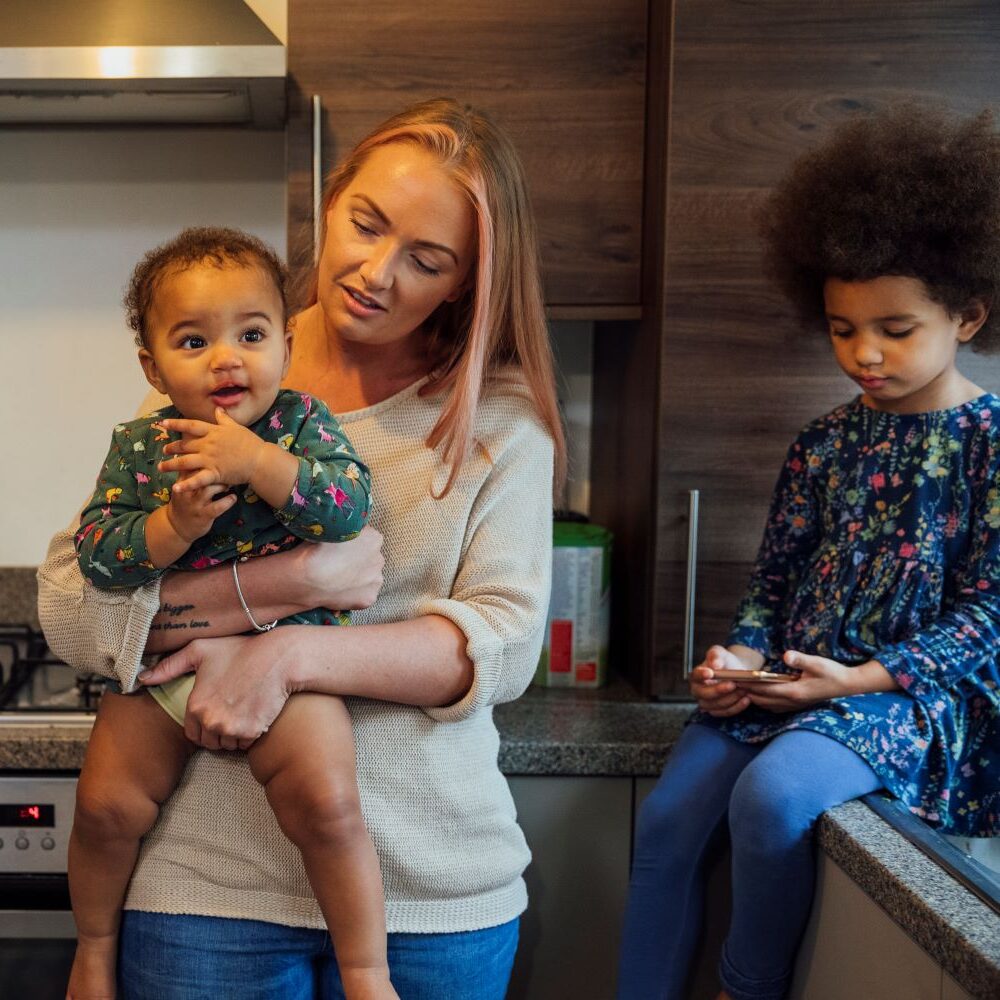
Call, text, email or web chat FamilyLine
If you’re feeling overwhelmed, worried or upset about any aspect of your family life, FamilyLine is here for you. We offer free emotional support and guidance on family relationships, conflict, parenting, caring, financial worries and more.
Contact FamilyLine